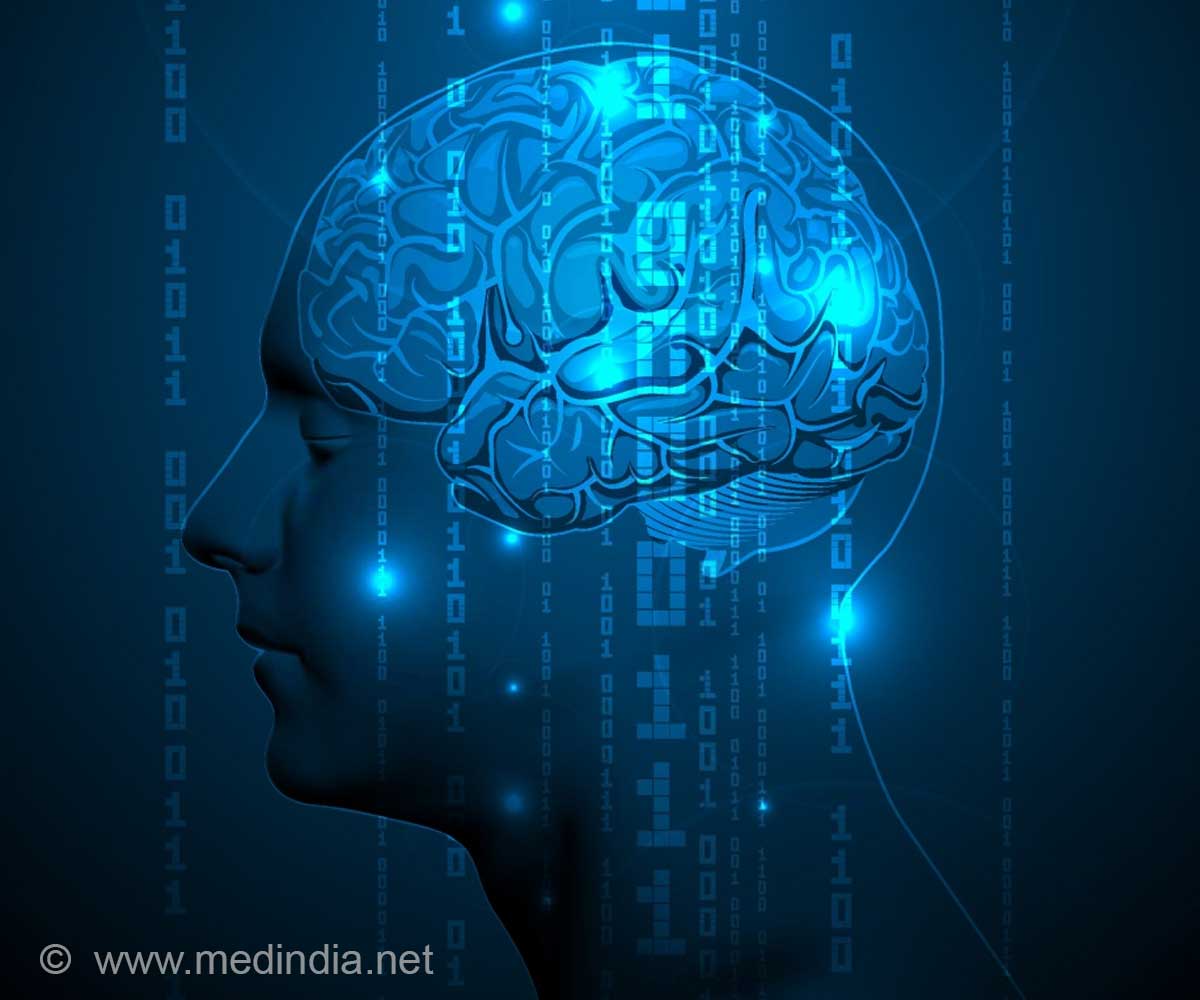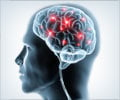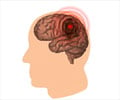Neurotechnology-aided therapies that are tailored to individual patient needs may help improve recovery of the arm in severe chronic stroke patients, finds a new study.

‘Neurotechnology-based therapies, including robotics, brain-machine interfaces, and brain stimulation could lead to the largest treatment effects and success if tailored to the needs of individual patients, and used in combination.’
Read More..




Lead author Dr. Martina Coscia, Staff Engineer at the Wyss Center, said: "Our findings show that neurotechnology-aided upper limb rehabilitation is promising for severe chronic stroke patients. However, we also found that the 'one size fits all' approach doesn't lead to the best outcome. We suggest a move towards a personalized combination of neurotechnology-based stroke rehabilitation therapies, ideally in a home-based environment where prolonged therapy is more feasible than in a clinic.Read More..
"We believe that by sequentially introducing stroke therapies according to individual progress, we could allow patients to continue their recovery beyond what is possible today." Stroke is a major public health problem that causes long-term impairments in millions of people worldwide. One of the most common consequences of stroke is impaired upper arm function, which has a direct impact on daily tasks and quality of life. Rehabilitation therapies generally have the largest effect in the first three months after stroke. After this time, patients are considered chronic, and the likelihood of further natural recovery is limited; this is especially true for those most severely affected.
Professor Friedhelm Hummel from EPFL (Director, Defitech Chair of Clinical Neuroengineering) and the University of Geneva Medical School said: "What we would like to see in the future are long-term trials in which multiple neurotechnology-based therapies are used within the same patient. We believe that this synergistic approach could uncover previously undiscovered treatment pathways for chronic stroke patients."
The authors compared the effectiveness of data from 64 clinical studies on upper limb neurotechnology-aided treatments in chronic stroke patients. The interventions analyzed in the paper included robotics, functional electrical stimulation of muscles, brain stimulation, and brain-computer interfaces as well as their use in combination.
The interdisciplinary research team is now starting a clinical trial to test these ideas. The trial uses a new experimental design with a personalized therapy approach using brain-computer interfaces, robotics, functional electrical stimulation, and brain stimulation specifically chosen to maximize treatment effects in each individual patient. The goal is to keep incrementally improving recovery by using new personalized, neurotechnology-based therapies in combination. The trial will start in Switzerland in summer 2019.
Advertisement















